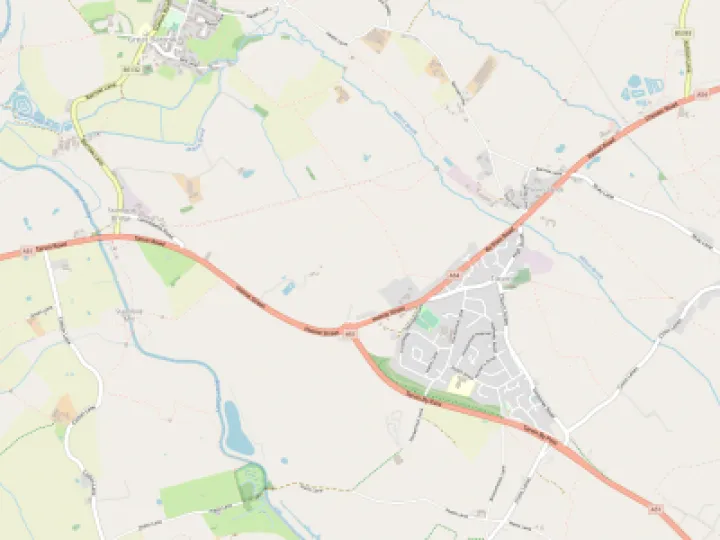Get Safe Online, Safer Jobs and Action Fraud are warning people to take precautions whilst looking for jobs online, to avoid falling victim to scammers.
There are a number of different ways in which job-seekers could be defrauded. These range from direct financial scams to misleading job descriptions.
Safer-Jobs, the recruitment industry's counter fraud forum, provide free advice to ensure that people have a safer job search. They suggest several steps which any other job-seeker should take when dealing with a potential employer:
1. Never part with money – employers should pay you, not the other way round. If asked to pay for security checks, visas, training, or anything else, you should research the job, the company, and never use any associated company suggested to you without conducting independent thorough research.
2. Never take it on face value – have you received an "out of the blue", "too good to be true" job offer? Be sceptical and ask questions. Why and how have you been contacted, what is the job, did you apply? Be wary of any non-business, generic email address (such as hotmail and yahoo), poorly written job adverts or job descriptions, and emails or contact at unusual times of the day (unless pre-arranged).
3. Never do everything online â€" whilst technology is a great enabler to help people find work, at some point your job discussion should lead to an interview or a meeting. Hiring agents who keep the relationship solely on email must be treated extremely cautiously.
4. Never fail to do research – find out about the company that the job is with and do your research! Check landline telephone numbers and call the end employer to check the job exists. Use social media and sources such as Companies House and LinkedIn to dig deeper into the organisations and people you are interacting with.
5. Never phone them for an interview – premium rate phone scams are common. This is where an individual calls a pay-for number thinking it's an interview, when actually they are paying for every minute they stay on hold. If an employer wants you to work for them, they will call you.
6. Never accept money for nothing â€" with money mule scams on the increase, beware of any employer promising ‘get rich quick’ or ‘earn thousands working from home’. When cheques begin arriving it is easy to be fooled into being used as a money mule.
7. Never provide personal details – be suspicious of any requests for personal data ahead of an interview or registration meeting (if an agency). Until you have the job, keep bank details safe and only provide identity details once you have met face to face.
For more information visit:
www.actionfraud.police.uk/node/288
www.getsafeonline.org
www.safer-jobs.com
Ed: "This is great advice, and the websites have loads more info, so don't fall foul of the scammers"
Quick Links
Get In Touch
TarvinOnline is powered by our active community.
Please send us your news and views.







